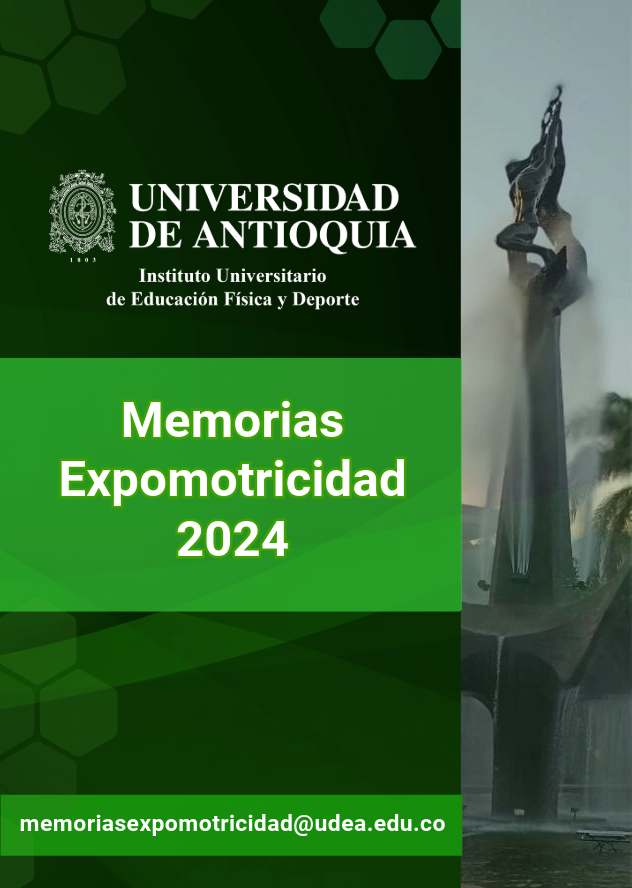Yoga para niños: mindfulness en Educación Física
Palabras clave:
autoconocimiento, conciencia corporal, educación física, gestión de emociones, mindfulness, yogaResumen
Las prácticas de yoga y de mindfulness (o atención plena) se han ido incorporando a los espacios educativos, ya que parecen potenciar el autoconocimiento, fortalecer el sistema inmunitario, mejorar la memoria, la gestión de las emociones, aumentar el bienestar físico y psicológico, la tolerancia al enojo y a las frustraciones, y, sobre todo, la conciencia corporal en todas las dimensiones del ser. En general, estas estrategias permiten afrontar los procesos cognitivo-emocionales diarios, ya que ayudan a desarrollar una mayor comprensión de la mente y a responder con mayor habilidad a situaciones estresantes, lo que mejora la atención, ayuda a recuperar la calma interior y contribuye al bienestar y la salud. El propósito de este texto es explicar cómo funcionan los talleres vivenciales de yoga y de mindfulness, y cómo se implementan en la clase de Educación Física para fomentar una motricidad consciente, humana y creativa. Es importante aprender a escuchar a nuestro cuerpo para recuperar el equilibrio y la armonía, y crear una experiencia interior de atención, comprensión y conciencia corporal a través de la respiración consciente. Así, la experiencia personal en la clase de Educación Física nos permitirá obtener una visión más amplia, integral y holística.
Descargas
Citas
1. Bhikkhu, B. (2011). Atención plena con la respiración. Editorial Terracota.
2. Carter, C. (2012). El aprendizaje de la felicidad: 10 pasos para fomentar la felicidad en los niños… Y en sus padres. Urano.
3. Elkind, d. (2014). La educación errónea. Niños preescolares en peligro. FCE.
4. Gallegos Nava, R. (2013a). Pedagogía del amor universal. Una visión holista del mundo. Fundación Ramón Gallegos.
5. Gallegos Nava, R. (2013b). Una visión integral de la educación. El corazón de la educación holista. Fundación Ramón Gallegos.
6. Kabat-Zinn, J. (2013). Mindfulness para principiantes. Kairós.
7. Langer, E. J. (2000). El poder del aprendizaje consciente. Gedisa.
8. Quintana Santana, M. (2015). Propiedades psicométricas del FFMQ y validación de la versión breve en población española. [Texto inédito].
9. Smalley S. L. y Winston, D. (2012). Conciencia plena. La ciencia, el arte y la práctica del mindfulness. Obelisco.
10. Wilber, K. (2005) La visión integral. Introducción al revolucionario enfoque sobre la vida, Dios y el Universo. Kairós.
11. Wilber, K., Patten, T., Leonard, A., y Morelli, M. (2010). La práctica integral de vida. Programa orientado al desarrollo de la salud física, el equilibrio emocional, la lucidez mental y el despertar espiritual del ser humano del siglo XXI. Kairós.
Descargas
Publicado
Cómo citar
Número
Sección
Licencia
Derechos de autor 2024 María Laura Peña-Medina

Esta obra está bajo una licencia internacional Creative Commons Atribución-NoComercial-CompartirIgual 4.0.




